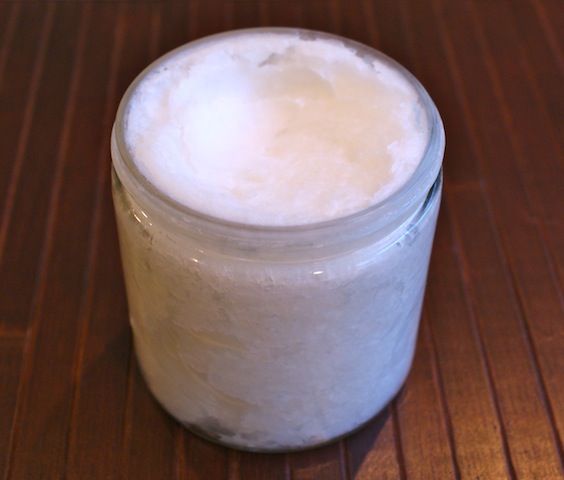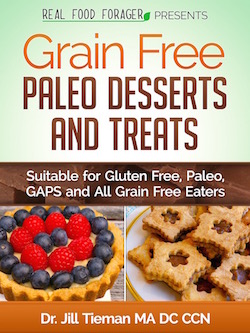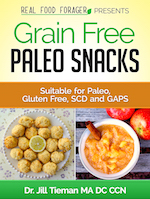 There is a widespread misconception that coconut oil is bad for you because it contains saturated fat. Although coconut products have been used for thousands of years by natives of the Tropics, India, and Asia, westerners have been told it is unhealthy. These native populations enjoy good health because coconut oil is truly one of the healthiest oils you can consume.
There is a widespread misconception that coconut oil is bad for you because it contains saturated fat. Although coconut products have been used for thousands of years by natives of the Tropics, India, and Asia, westerners have been told it is unhealthy. These native populations enjoy good health because coconut oil is truly one of the healthiest oils you can consume.
Coconut oil is rich in lauric acid, which is known for being antiviral, antibacterial and antifungal. Lauric and palmitic fatty acids are found in mother’s breast milk and help protect the infant against pathogens. Studies have shown the antimicrobial benefits of coconut oil.
Investigations on the effects of the medium chain triglycerides in coconut oil, on neurological diseases such Alzheimer’s, show benefits. Other research shows coconut oil to benefit epilepsy.
Fats are categorized as either short-, medium-, or long-chain depending on how many carbon molecules they contain. Close to two-thirds of the saturated fat in coconut oil is made up of medium-chain fatty acids, which have antimicrobial properties, are easily digested by the body for quick energy, and are beneficial to the immune system. Far from being dangerous, the saturated fat in coconut oil is actually health promoting.
How could an oil that is so good for you have gotten such a bad reputation? The answer comes down to simple economics and politics. Based on some flawed studies performed over four decades ago, some of which used primarily unhealthy hydrogenated coconut oils, a powerful anti-saturated fat movement began. Hydrogenated oils are oils with trans-fatty acids, which have been altered from their original chemical composition and have been shown to raise cholesterol levels and lead to heart disease and other health problems. You should not consume hydrogenated oils, whether it is coconut or any other vegetable oil. Trans fats and hydrogenated oils are actually being banned from certain municipalities because people are starting to understand what Dr. Mary Enig has been saying for the past four decades.
Around the 1960’s the edible oil industry began to denounce all saturated fats and heavily promote polyunsaturated fats such as canola, soybean, safflower, corn, and other seed and nut oils. However, these oils are highly refined, easily become rancid when exposed to oxygen and produce large amounts of damaging free radicals in the body. What is not commonly known is that these oils can actually cause premature aging, clotting, inflammation, cancer and weight gain.
Fortunately, coconut oil has begun to gain some positive media exposure as researchers realize its health-promoting qualities. However, coconut oil can vary widely in terms of the types of coconuts used and the manufacturing processes used to make the oil. These factors play a major role in the effectiveness of the oil.
Many commercial coconut oils are RBD (refined, bleached, and deodorized). RBD oils do contain the medium chain fatty acids, however they also contain chemicals used in processing. Buy a coconut oil that has not been bleached, deodorized, refined or hydrogenated. This is called virgin coconut oil. There are several brands on the market that can be purchased over the internet or at the health food store. Similarly, if you purchase coconut, buy the unsweetened and unrefined type.
Coconut oil has a medium smoke point which makes it really good for pan sauteing and baking. It tastes delicious in baked goods and is great to add to shakes. Some people enjoy it added to coffee or tea as well. How do you like your coconut oil? Please leave a comment and let me know.
Where to buy high quality coconut oil.
Resources:














